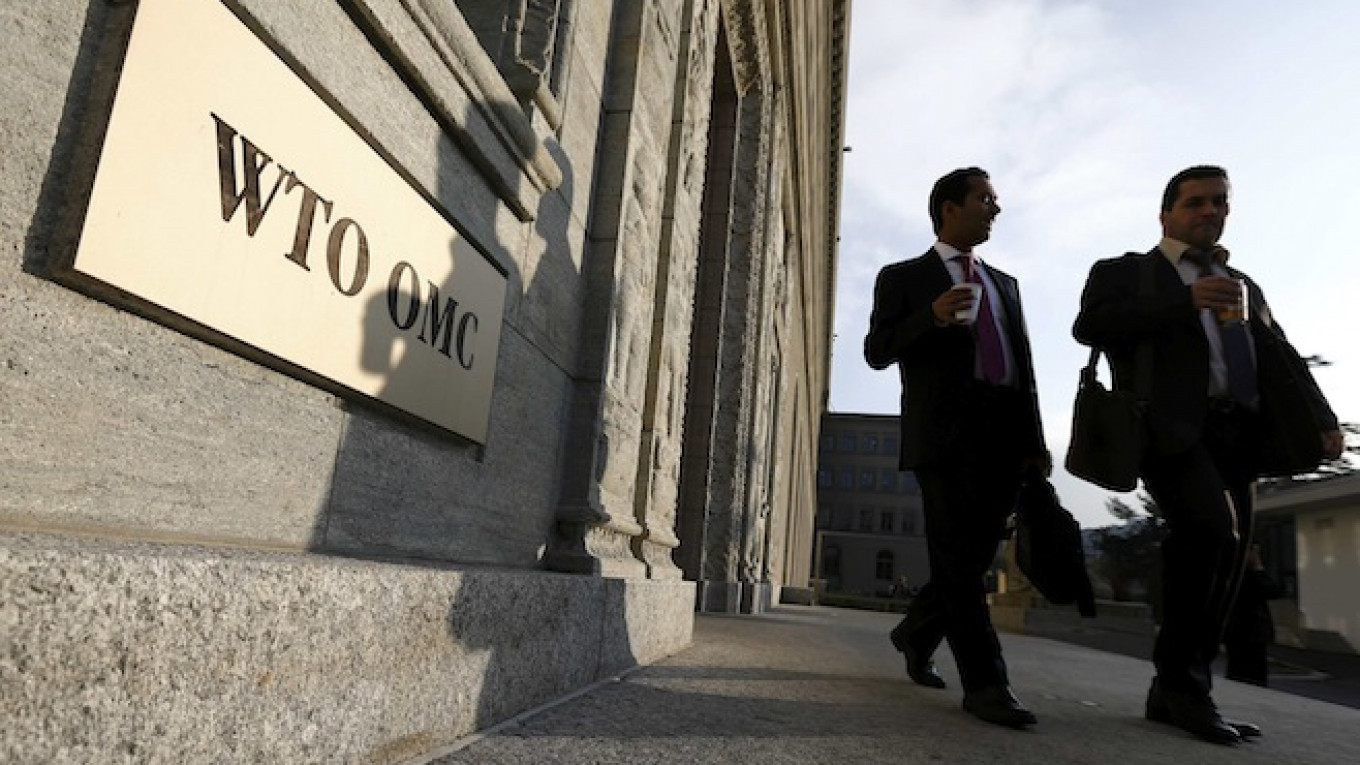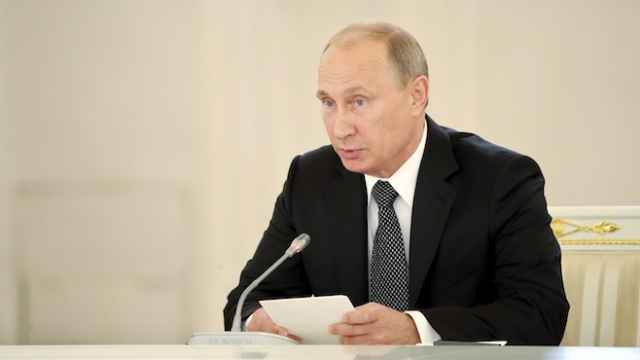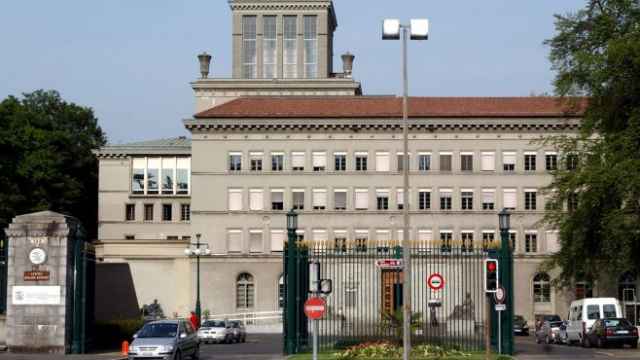WASHINGTON — Russia is starting to backslide on its commitments to become a fully-fledged member of the global economy and trading community, the United States' trade office said on Monday.
An annual scorecard of Russia's compliance with global trade rules said Moscow's actions over the last year had dented hopes the country would become a constructive member of the World Trade Organization, which it joined in 2012.
Relations between the United States and Russia are at their lowest since the Cold War because of Russia's annexation of Crimea from Ukraine last March and its support for pro-Russian rebels in eastern Ukraine, which prompted Western sanctions.
"Russia's use of unjustified and retaliatory trade measures against many of its neighbors, as well as against the United States, rejects the core principle of open trade based on the rule of law that sustains the WTO," the U.S. Trade Representative (USTR) said in the report.
"In addition, many of Russia's protectionist tendencies appear to have gained momentum," the report said.
Russian Embassy officials in Washington were not immediately available to comment.
The USTR said it would not hesitate to take WTO action against Russia if warranted. So far, the only WTO cases against Russia have been brought by the European Union and Japan.
The office said the United States would continue to monitor Russia's administration of a one-year ban on some farm imports, which Russia says is based on national security concerns.
The report said tariff reductions, for example on pork and beef, meant U.S. exports to Russia had increased by 14 percent from 2013 to 2014. But it listed a range of ongoing concerns in the trade relationship, worth around $40 billion a year.
Russia might be using food safety regulations to restrict U.S. farm imports, and some technical barriers, such as taxes on cinema royalties, might discriminate against foreign providers, the USTR said.
It also flagged concern about enforcing intellectual property rights, especially online piracy and sales of counterfeit goods, pointing to unlicensed streaming services, pay-per-download websites and video game hacking sites.
"Information currently available suggests that overall enforcement of [intellectual property rights] has decreased, rather than increased, in the past two years," the USTR said.
A Message from The Moscow Times:
Dear readers,
We are facing unprecedented challenges. Russia's Prosecutor General's Office has designated The Moscow Times as an "undesirable" organization, criminalizing our work and putting our staff at risk of prosecution. This follows our earlier unjust labeling as a "foreign agent."
These actions are direct attempts to silence independent journalism in Russia. The authorities claim our work "discredits the decisions of the Russian leadership." We see things differently: we strive to provide accurate, unbiased reporting on Russia.
We, the journalists of The Moscow Times, refuse to be silenced. But to continue our work, we need your help.
Your support, no matter how small, makes a world of difference. If you can, please support us monthly starting from just $2. It's quick to set up, and every contribution makes a significant impact.
By supporting The Moscow Times, you're defending open, independent journalism in the face of repression. Thank you for standing with us.
Remind me later.






